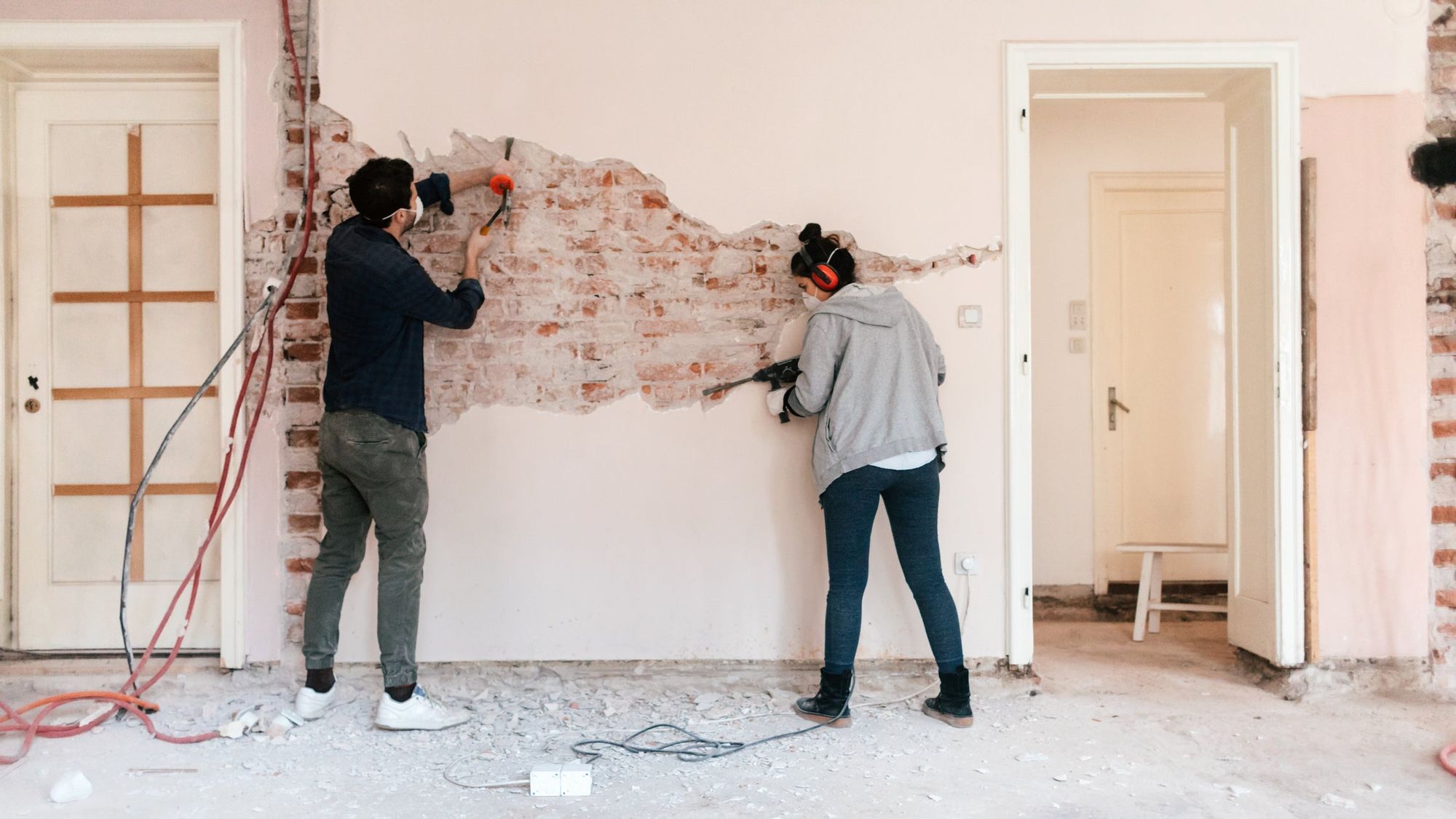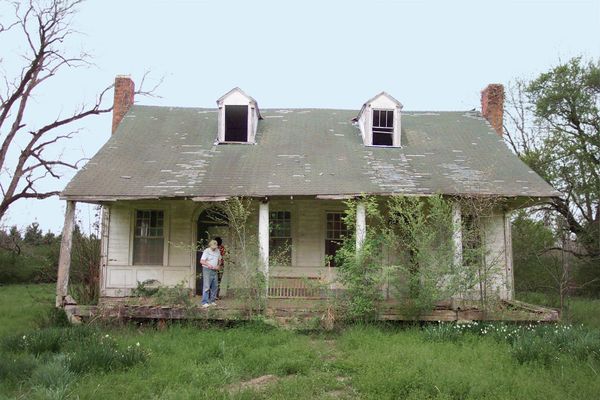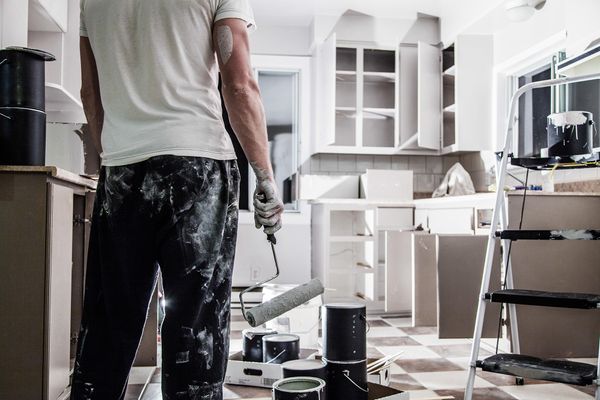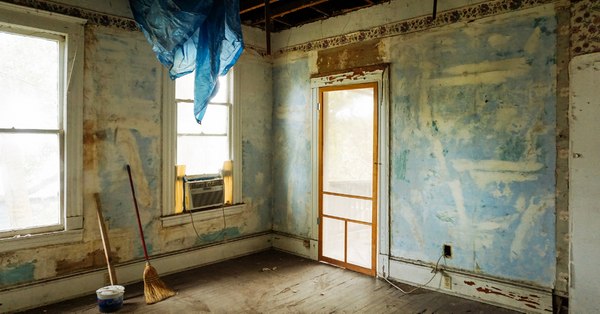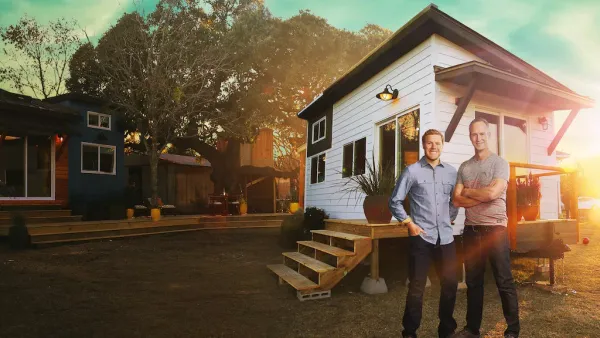House flipping, the art of buying, renovating, and selling properties for profit, has captured the imagination of many aspiring real estate investors. The allure of transforming a rundown property into a beautiful home, coupled with the potential for substantial profit, makes it an attractive venture.
However, the path to successful house flipping is riddled with potential mistakes and pitfalls. From misjudging the location to underestimating costs, from legal missteps to market timing errors, the challenges are many.
So in this post, we will explore valuable lessons from experienced investors, contractors, legal experts, and other professionals who have navigated the complex world of house flipping. These insights provide a roadmap to avoid common mistakes and maximize your success in the exciting but challenging arena of house flipping.
1. Overlooking the Importance of Location: A Costly Mistake
"I've seen many newcomers fall into the trap of overlooking the importance of location. They get dazzled by a low purchase price and fail to consider the neighborhood, local amenities, and growth potential. My advice to aspiring house flippers is to research the location thoroughly. Understand the local market trends, crime rates, school quality, and future development plans. Remember, you can change the house, but you can't change its location. Choosing the right location can make or break your house flipping success." - Richard Adams, Lead Researcher at Within Home.
2. Underestimating Renovation Costs: A Common Pitfall
"I've seen how easy it is to underestimate renovation costs. People often have grand visions but fail to account for unexpected issues like plumbing problems, electrical upgrades, or structural repairs. My suggestion to house flippers is to work closely with experienced contractors, get detailed estimates, and always have a contingency budget. Renovation surprises are common, and having a financial cushion can save your project from going off the rails." - Ritika Asrani, Owner and Broker of Century21 St Maarten Real Estate.
3. Ignoring the Importance of Proper Inspection: A Risky Oversight
"I've encountered house flippers who skip the professional inspection to save money. This is a risky oversight that can lead to unforeseen problems down the line. From hidden mold to faulty wiring, a professional inspection can uncover issues that might not be apparent to the untrained eye. My advice is to invest in a thorough inspection before purchasing a property. It's a small investment that can save you from costly mistakes and ensure that you know exactly what you're getting into." - Steve Elliott, the Franchise Owner of Restoration1.
4. Failing to Understand the Target Market: A Strategic Error
"I've seen house flippers make the mistake of renovating without understanding their target market. They choose finishes, layouts, and features that they like, rather than what potential buyers in the area desire. My advice to house flippers is to research and understand the preferences of the target market. Are you selling to young families, professionals, or retirees? What are their needs and preferences? Tailoring the renovation to the target market can enhance appeal, speed up the sale, and maximize profit." - Abigail Clemente, Chief Editor of Your House Your Garden.
5. Overpricing the Property: A Barrier to Successful Sale
"I've seen how overpricing can become a barrier to a successful sale. House flippers often become emotionally attached to the property or overestimate its value due to the renovations. My advice is to work closely with a knowledgeable real estate agent who understands the local market. Price the property competitively, considering similar properties in the area. An overpriced property can languish on the market, costing you time and money." - Dan Close, Founder, and CEO at Local Cash Home Buyer.
6. Skimping on Quality: A Short-Sighted Approach
"I can attest to the temptation of skimping on quality to save on costs. Whether it's using cheap materials or cutting corners on workmanship, this short-sighted approach can backfire. Buyers are more discerning than you might think, and they notice quality. My lesson learned is to focus on quality over quick fixes. It might cost more upfront, but it adds value to the property and enhances its appeal to potential buyers. Quality doesn't just sell; it builds your reputation as a flipper." - Khashayar Shahnazari, Chief Executive Officer at FinlyWealth.
7. Neglecting Proper Permits and Regulations: A Legal Misstep
"I've assisted house flippers who have found themselves in legal trouble due to neglecting proper permits and regulations. Whether it's zoning laws, building codes, or permit requirements, compliance is not optional. My advice to house flippers is to consult with legal and regulatory experts before starting any renovation. Understand the local laws and obtain the necessary permits. Cutting corners on legal compliance can lead to fines, delays, and even legal action, turning a promising flip into a legal nightmare." - Brandon Kennedy, Digital Marketing Expert at Money4Loans.
8. Lack of a Clear Exit Strategy: A Planning Failure
"I've seen house flippers struggle due to a lack of a clear exit strategy. Whether it's holding onto a property too long, failing to market it effectively, or not having a backup plan if the property doesn't sell, the exit phase is often overlooked. My advice is to plan your exit strategy from the beginning. Understand your timelines, have a marketing plan in place, and know your options if things don't go as planned. A well-thought-out exit strategy is as crucial as the purchase and renovation phases, and it's key to realizing your profit and moving on to the next opportunity." - Ashley Newman, Content Director at Accountant Glasgow.
9. Misjudging Market Timing: A Timing Mistake
"I've observed how market timing can significantly impact the success of a house flipping venture. Flippers sometimes misjudge the market trends, buying or selling at inopportune times. My advice to house flippers is to study the market cycles, interest rates, and economic indicators that might affect real estate prices in the area. Timing your purchase and sale to align with favorable market conditions can enhance profitability and reduce risks. Remember, even the perfect property can turn into a loss if bought or sold at the wrong time." -Mark Valderrama, CEO & Founder of Aquarium Store Depot.
10. Failing to Build a Competent Team: A Collaborative Error
"I've seen how failing to build a competent team can lead to delays, cost overruns, and subpar quality. House flipping is a collaborative effort that requires expertise in various fields, from contracting to marketing. My suggestion to house flippers is to invest in building a team of skilled professionals who share your vision and commitment to quality. Whether it's a reliable contractor, a savvy real estate agent, or a meticulous inspector, having the right team can streamline the process and contribute to a successful flip." - Tiffany Parra, Owner of FirePitSurplus.
Conclusion
House flipping is a multifaceted venture that requires careful planning, keen understanding, quality execution, and strategic decision-making. The insights shared by our experts illuminate the common mistakes that can derail a house flipping project and provide actionable advice to avoid them.
Whether you are a seasoned investor or a newcomer to the world of house flipping, these lessons offer valuable guidance to navigate the complexities of the real estate market. From choosing the right location to building a competent team, from understanding the legal landscape to timing the market, these insights equip you with the knowledge and foresight to make informed decisions.
House flipping is not just about transforming properties; it's about strategic investing, diligent execution, and continuous learning.
With these lessons as your guide, you are well-positioned to embark on a successful house flipping journey, turning potential pitfalls into stepping stones towards success.

